EU Funding for Disaster Risk Management
EU funding supports activities leading to improved disaster prevention and preparedness, shared knowledge and expertise, good practices and networking, and research and innovation in disaster risk management.
Between 1980 and 2020, natural disasters caused an average annual economic loss of €12 billion in the EU, affecting nearly 50 million people. With the effects of climate change, the impacts of flood, wildfire, and extreme heat are increasing rapidly. The economic losses could then rise to €170 billion per year, making a stronger need for prevention and preparedness initiatives evident.
Not only are these efforts essential in reducing disaster losses, investing in prevention and preparedness is also economically beneficial. A joint report of DG ECHO and the World Bank shows that the benefit-cost ratio of investments in resilient infrastructure generally lies between 2 and 10 for a range of different hazards, meaning that the cost of an investment will pay off 2 to 10 times in case of a natural disaster. In conclusion, the benefits of investing in prevention and preparedness measures for floods, earthquakes, heatwaves, and wildfires can substantially outweigh the costs of such projects.
Below, some of the main funding opportunities for disaster risk management, prevention and preparedness projects are highlighted.
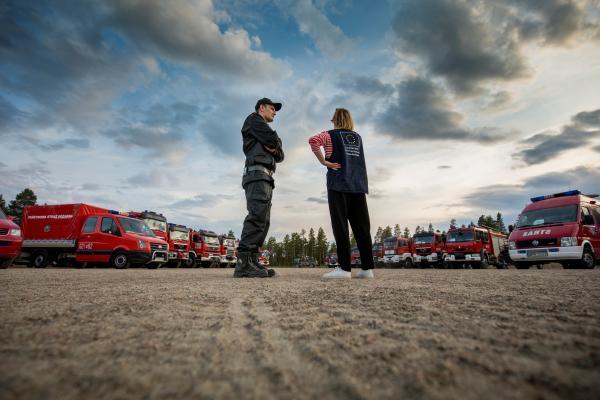
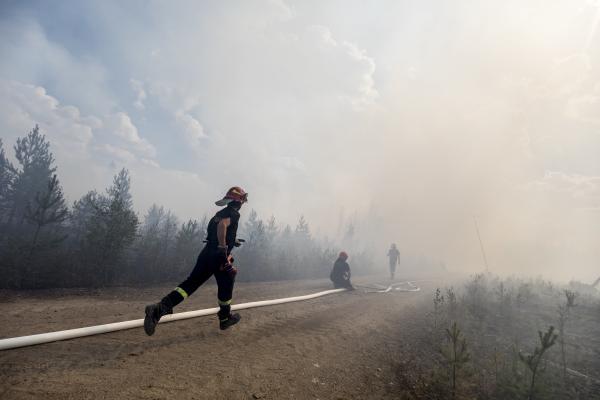
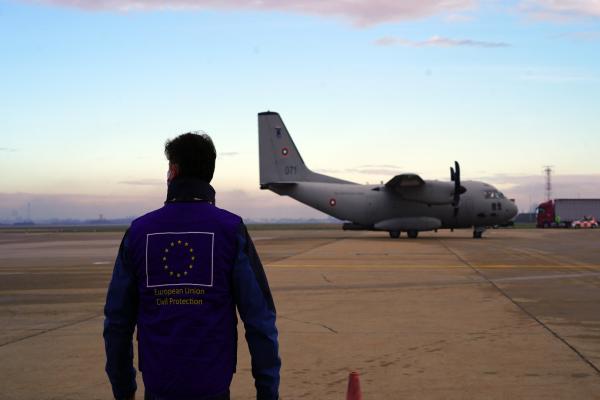
The Knowledge for Action in Prevention and Preparedness (KAPP) call for proposals aims to identify and co-finance projects strengthening cooperation among EU Member Member and UCPM Participating States on disaster prevention and preparedness, as well as providing a testing environment and a learning opportunity for all actors involved in civil protection assistance interventions, through full-scale field exercises.
More details: KAPP 2025 call for proposals and Information day (28 January 2025).
The Technical assistance for disaster risk management funding instrument provides financial support to the national disaster risk management authorities of Member States and other participating states in the UCPM for the development of strategic activities (including feasibility studies, proposals, policies and plans), which can leverage investments for greater disaster risk management impact.
More details: Technical Assistance for Disaster Risk Management (Track 1) call 2025 and Information day (4 February 2025)
The Technical Assistance Financing Facility for Disaster Prevention and Preparedness (TAFF) supports projects, studies and training in disaster and climate resilience and promotes the sharing of knowledge among countries on disaster risk management. This funding instrument is a partnership between the European Commission (DG ECHO), the World Bank and the Global Facility for Disaster Reduction and Recovery (GFDRR).
More details of the 2025 call: Technical Assistance Financing Facility (TAFF) and Information day (4 February 2025)
Horizon Europe is the EU Research and Innovation programme with nearly EUR 95.5 billion of funding for 7 years (2021-2027). Within the Cluster 3: 'Civil Security for Society', the destination 'A Disaster Resilient Society for Europe' offers funding opportunities for prevention and preparedness projects.
Other initiatives may also be eligible under Horizon Cluster 5: 'Climate, Energy and Mobility', where actions such as extreme weather preparedness or climate adaptation can apply for funding. Similarly, the EU Mission: Adaptation to Climate Change has relevant topics open within Horizon Europe.
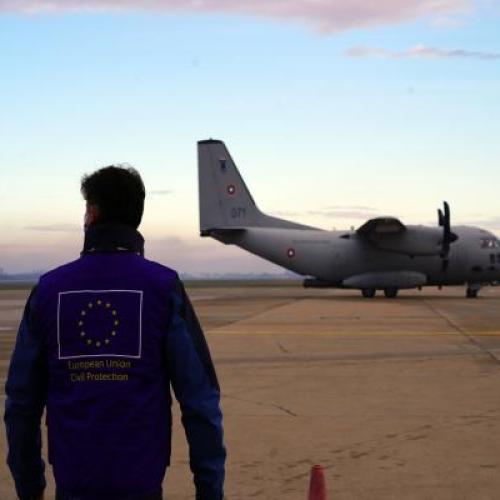
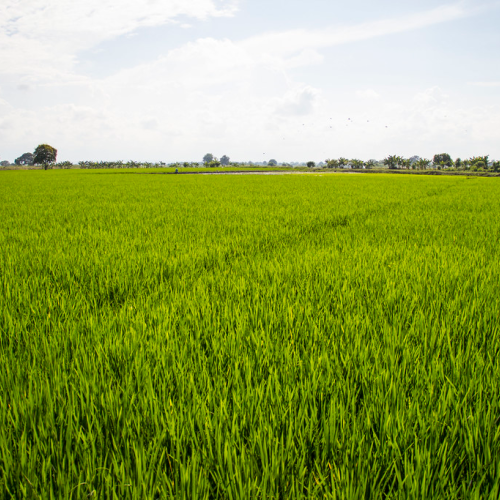
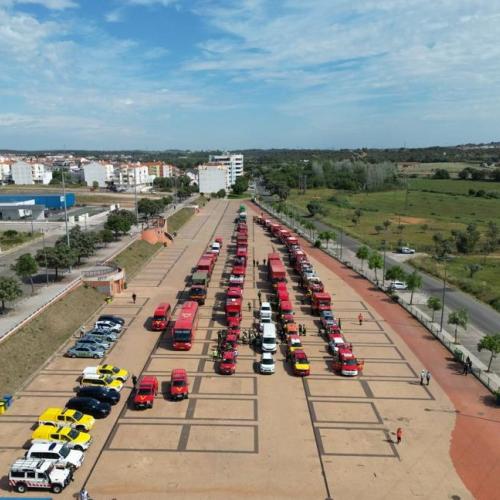
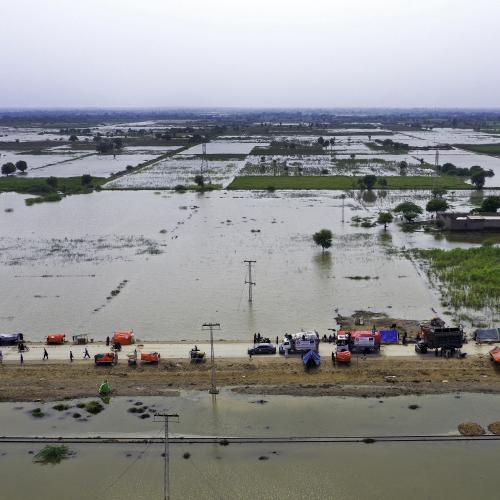


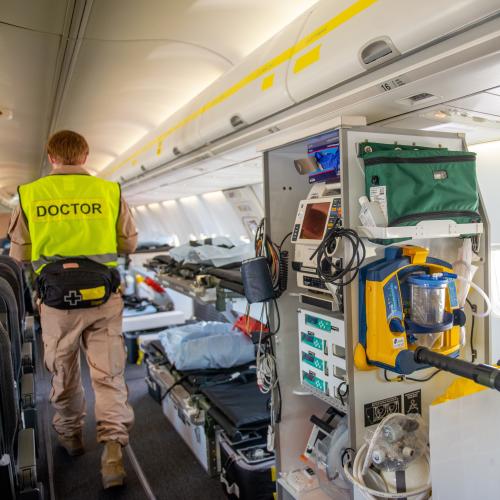
DG ECHO successful projects update
(11.33 MB - PDF)